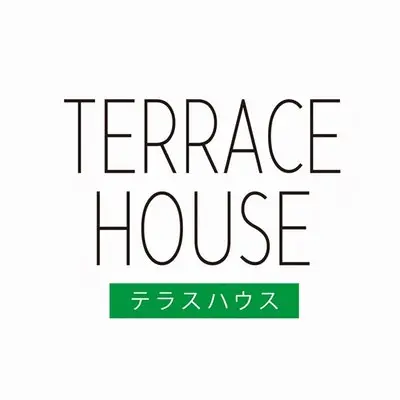Amid fallout over Hana Kimura's death, Terrace House stars detail how producers dictated their on-camera behavior
-

This week, Kimura's mom, Kyoko Kimura, filed a complaint with a Japanese broadcasting ethics watchdog, implicating Terrace House in Kimura’s suicide death in May and alleging that the show depicted Hana as an aggressive and violent person, infringing upon her personal rights. The elder Kimura said she been disappointed by the response by Fuji TV, Netflix and producer East Entertainment. “I’ve heard a deafening silence,” she told The New York Times. “She was working so hard. It was all for someone else’s monetary benefit.” The Times spoke to several Terrace House participants anonymously because they all signed nondisclosure agreements. Three of them said the show aggressively dictated how some interactions should unfold and how some participants should act. “I got pulled aside by multiple producers and they went off on me,” said one former Terrace House resident. “They put a lot of pressure on me to do things on the show — I was cast to fit a certain role.” As The Times notes, this intervention includes the event that turned Kimura into a pariah, adding: "One episode in particular, in which she reacted angrily to a roommate for accidentally ruining one of her prized wrestling costumes, led to a barrage of insults on Twitter and Instagram, including some telling Kimura to 'die' and 'disappear.' Since cast members tended to have a more indirect and less confrontational approach to conflict resolution, as is common in Japan, the outburst likely seemed like climactic drama to many viewers."
TOPICS: Terrace House, Fuji Television Network, Netflix, Hana Kimura, Reality TV
More Terrace House on Primetimer:- Japanese police open case against a man who allegedly cyberbullied late Terrace House star Hana Kimura
- Terrace House was deceptively portrayed as being a wholesome and mundane reality show
- Japan wants to rein in internet trolls following Hana Kimura's death as free speech advocates cry foul
- Before Hana Kimura's death, the abuse Terrace House stars received was considered par for the course
